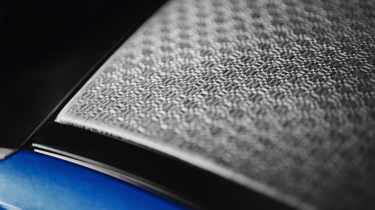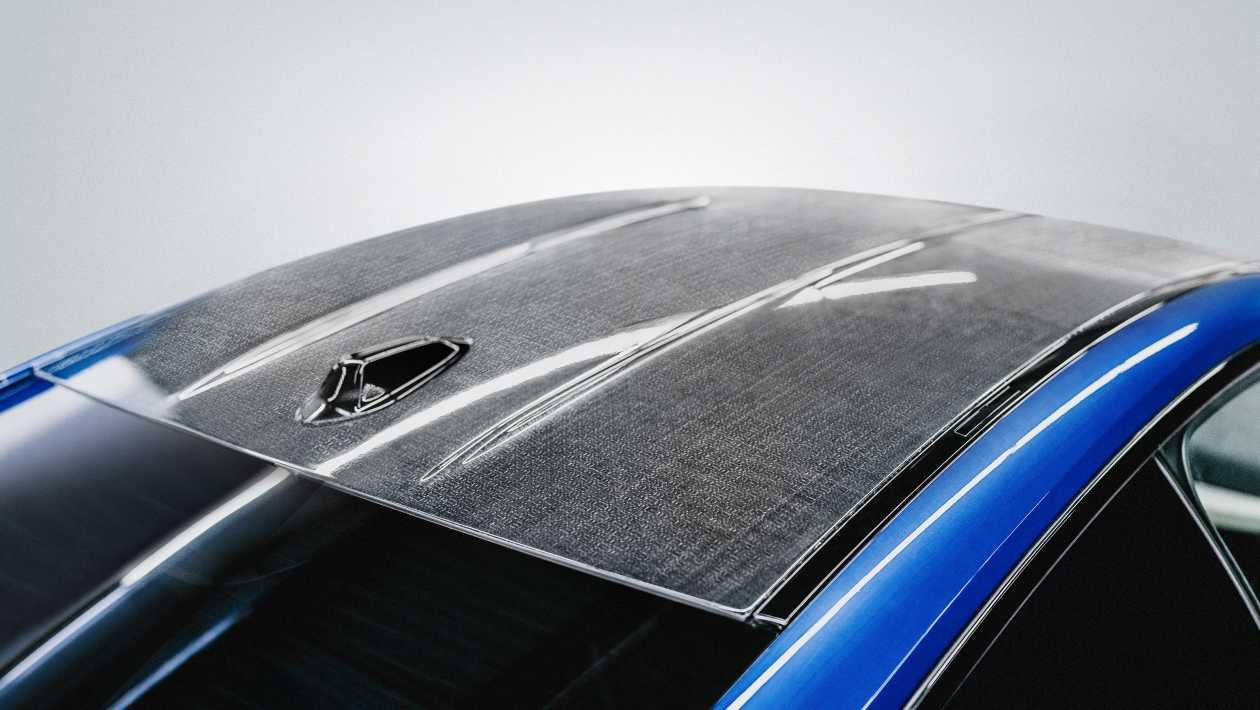As their name suggests, natural-fibre composites are made from materials such as plants or animal products. In this case, BMW and Bcomp’s material is constructed using flax (a flowering plant) fibres that are grown naturally and harvested in Europe.
The CEO of BMW M, Franciscus van Meel, said he was “delighted” by the recent breakthrough, describing the new material as a “vital element of innovative lightweight solutions in motorsport, allowing for a reduction in CO2e emissions in the manufacturing process”.

“We are now looking forward to the use of these materials in future BMW M product ranges,” he concluded.
This breakthrough comes at a vital time, after the European Union recently drafted legislation to classify carbon fibre as a “hazardous substance” as part of its ongoing End-of-Life Vehicles (ELV) Directive.
This is because when carbon fibre is disposed of, the tiny particles generated can be an irritant – and even harmful – when inhaled or exposed to human skin. Such particles are also conductive, so have the potential to short-circuit machinery.
However, thankfully for the automotive industry, the legislation remains at a draft stage, following the likes of Audi and Mercedes-AMG strongly submitting evidence against it. BMW also appealed to the EU, but the brand’s recent investment in alternative materials does suggest it may just be a matter of time before carbon fibre disappears altogether.
Now you can buy a car through our network of top dealers around the UK. Search for the latest deals…




